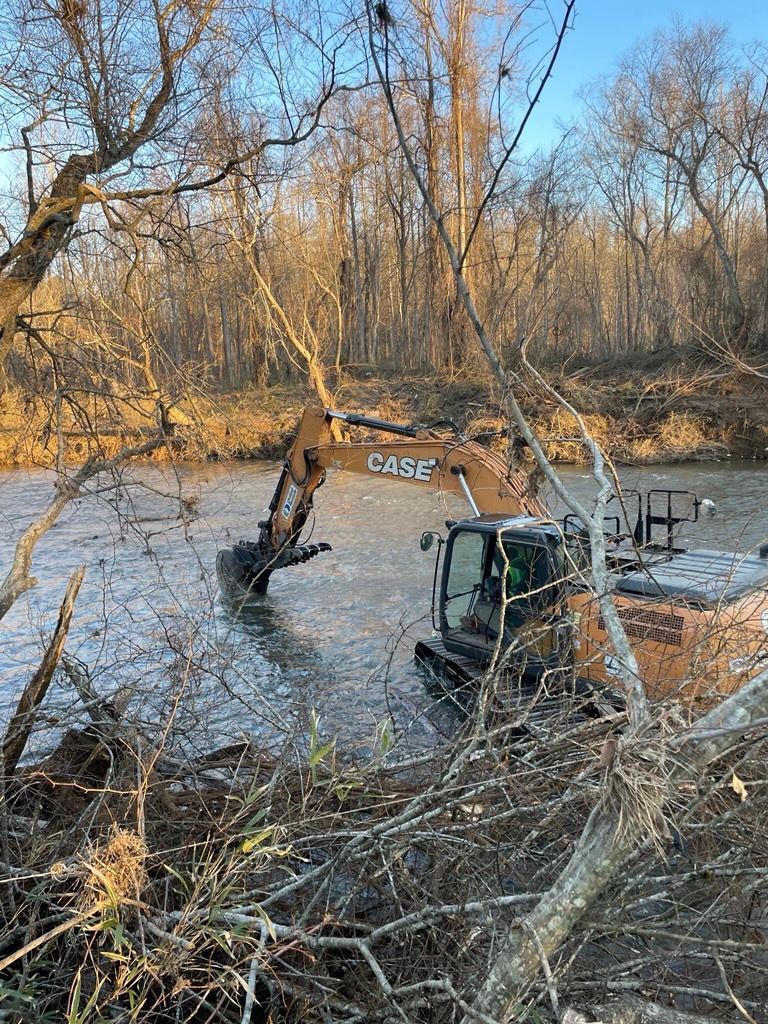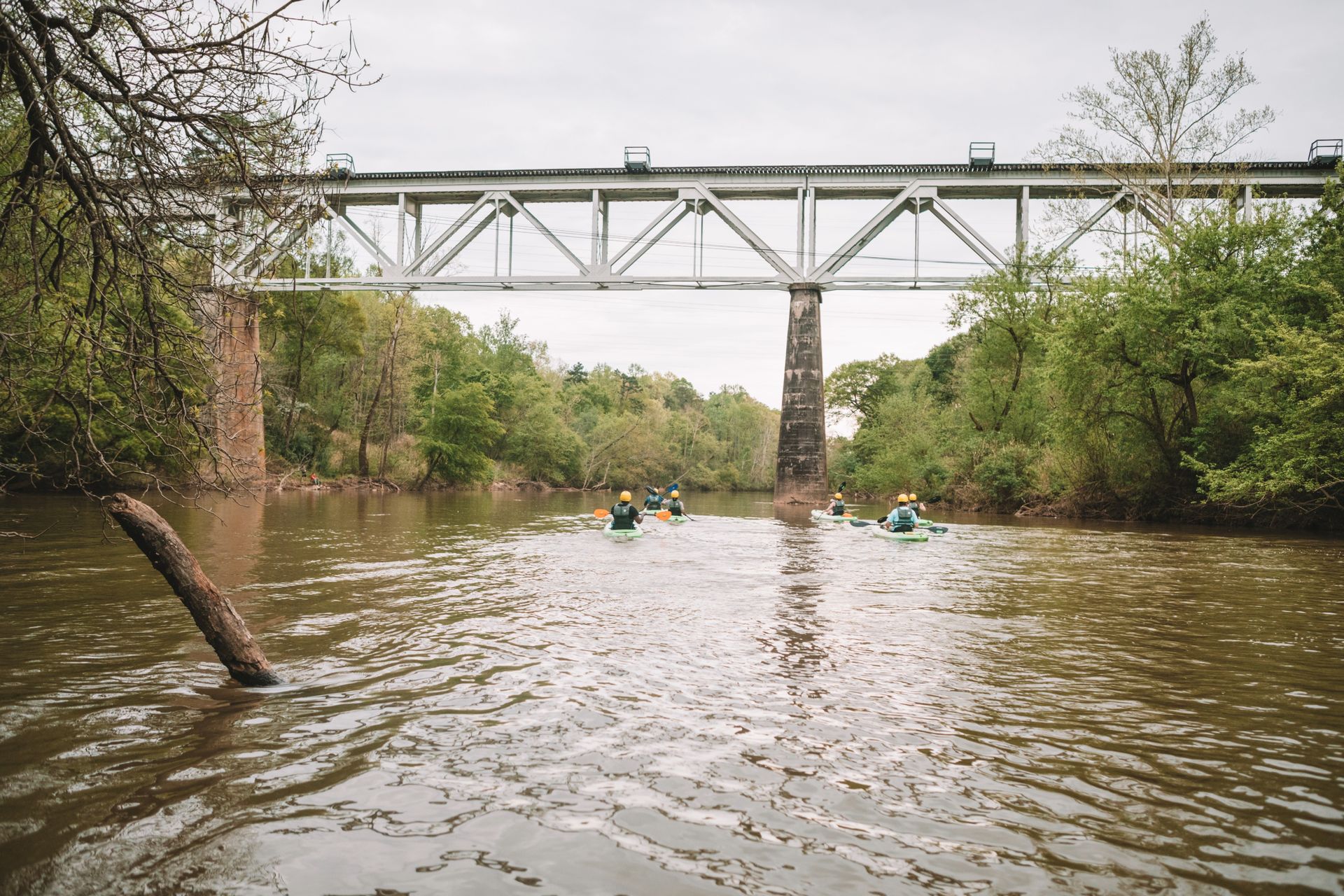Diving into the 2024 Election Season
Your Role in Protecting Our Waters

The day has come. The official start of the 2024 election is here. In North Carolina, candidate filing (the first day candidates can fill out the paperwork to run for office) is Monday, December 4.
For the primaries, South Carolina will be up first with the Democratic Presidential Preference Primary (PPP) on February 3, followed by the Republican PPP on February 24. Then, North Carolina has its general Primary on March 5. Back to South Carolina, candidate filing for Congress, State Legislature, County Council, and a host of other positions starts on March 16, and the actual primary will be in June. This all leads up to the general election on November 5, 2024.
I don’t know about you, but I am already exhausted just thinking about this!
There is much work to be done before the November election. Before the Catawba Riverkeeper legislative agenda priorities can even be considered “legislation,” they must be campaign priorities. This is where we need your help.
Over the course of this election cycle, we will be rolling out content of all sorts to help our community better understand how our advocacy priorities directly impact everyone and how to engage our candidates for office in these critical issues.
To give you a preview of what we’ll be talking about, below is a list of our priorities in both North and South Carolina.
North Carolina
- Legislation that empowers local communities to address stormwater from preexisting paved surfaces that have out of date stormwater controls.
- Additional funding for state staff to help farmers with waste management plans.
- A state definition of what a wetland is and what protections it has.
- Funds for public access to navigable waters.
- Funds for communities to quickly access to remove failing dams.
South Carolina
- Publicly accessible information on pollution discharges.
- Funding for the preservation of State Scenic Rivers.
- Further legislative efforts to deter tire dumping.
This is a big election year. We will have many new faces in newly elected positions. We have a chance to make new connections and new friends. We have a chance to really make a difference for our river. Let’s make this year count.
We hope you will join us on Facebook live on December 5 at 6 p.m. for a more in-depth discussion and have a chance to ask our Policy Manager, Ryan Carter, your questions.








